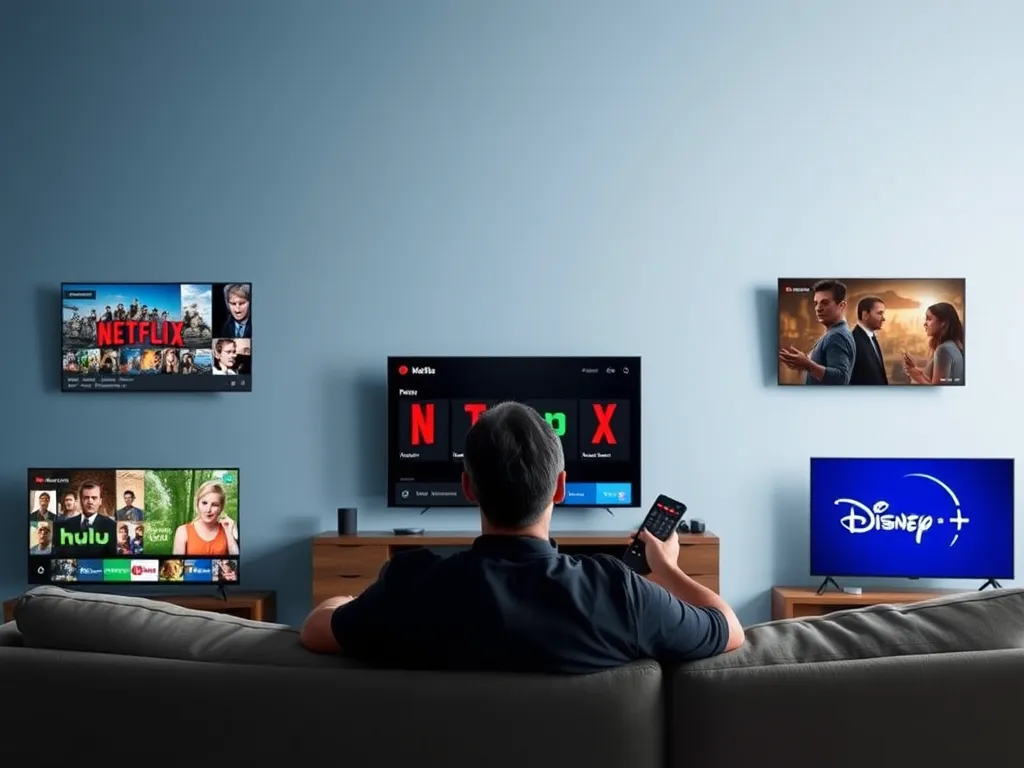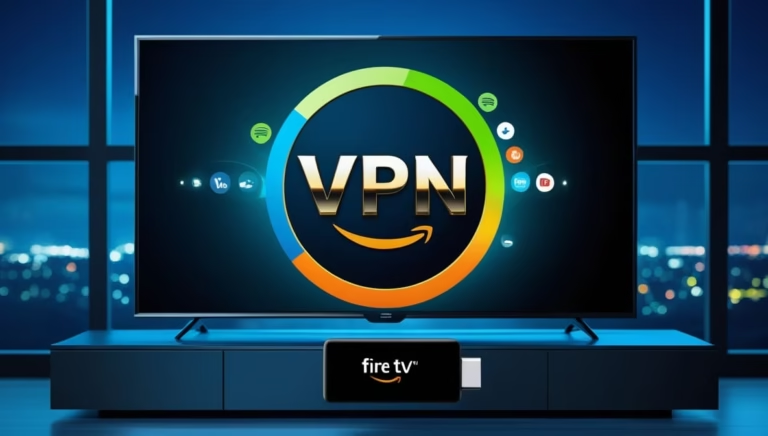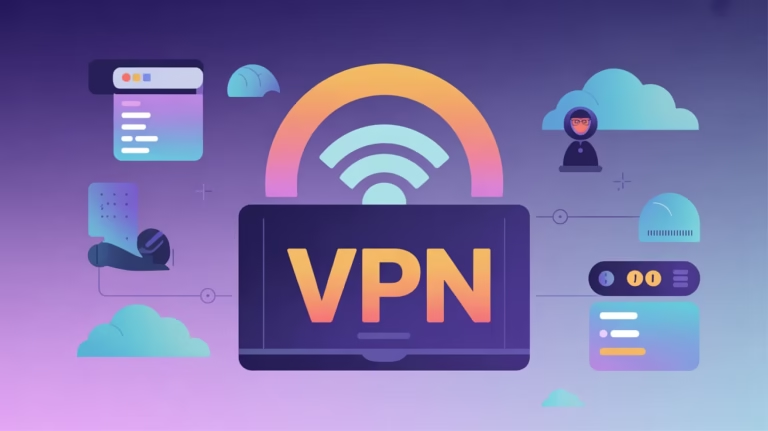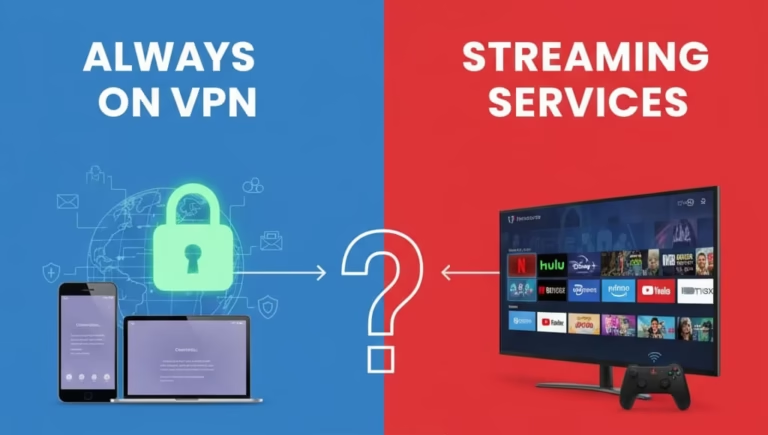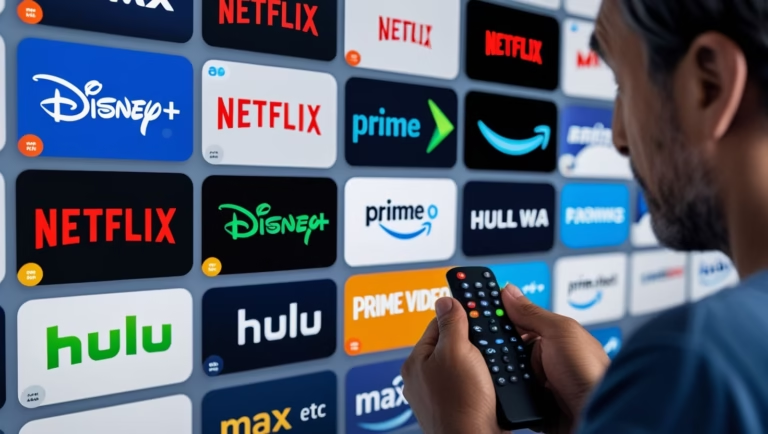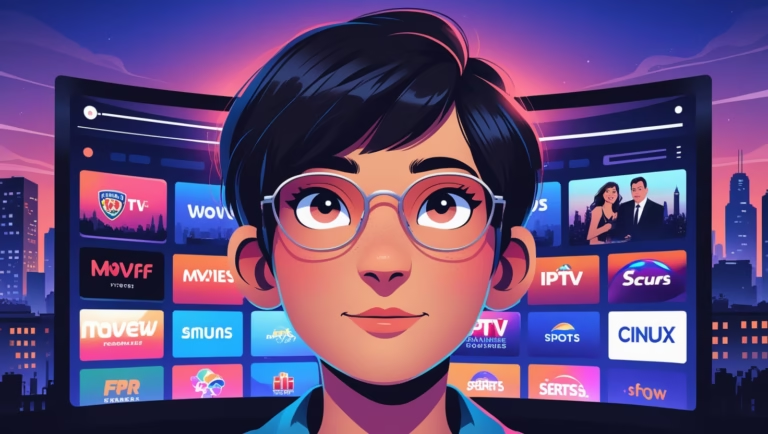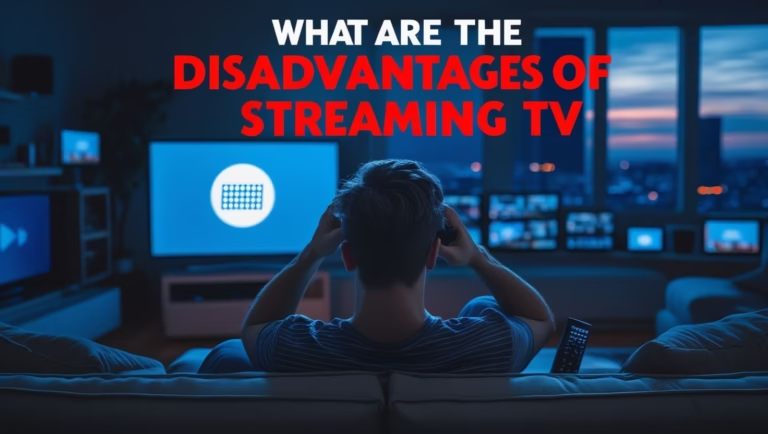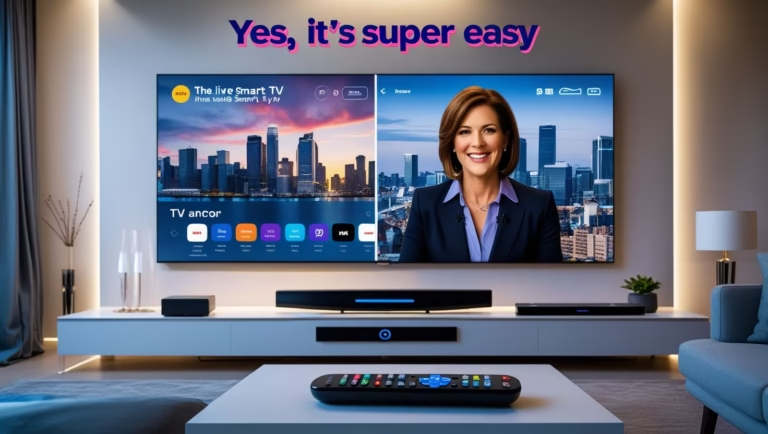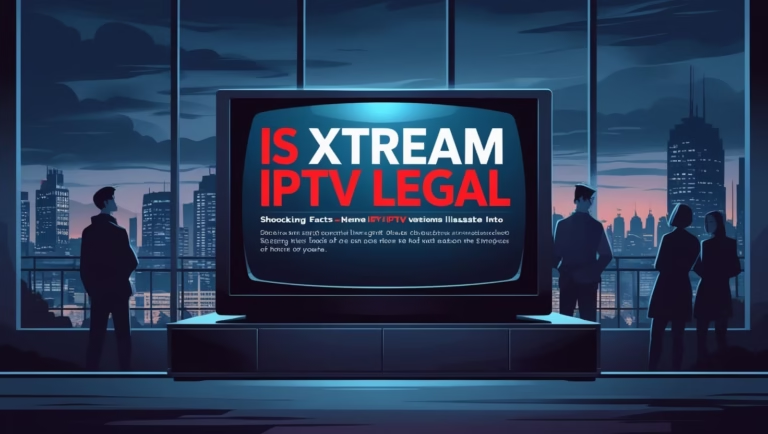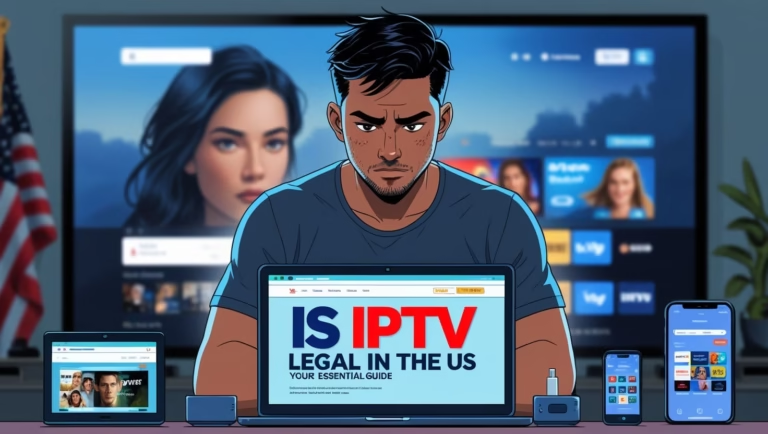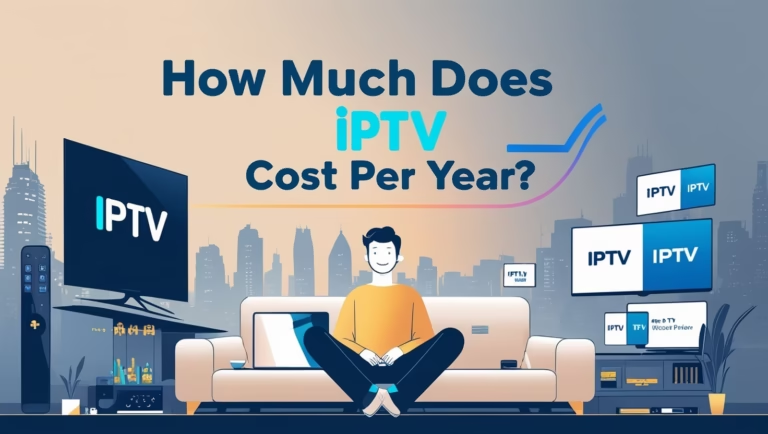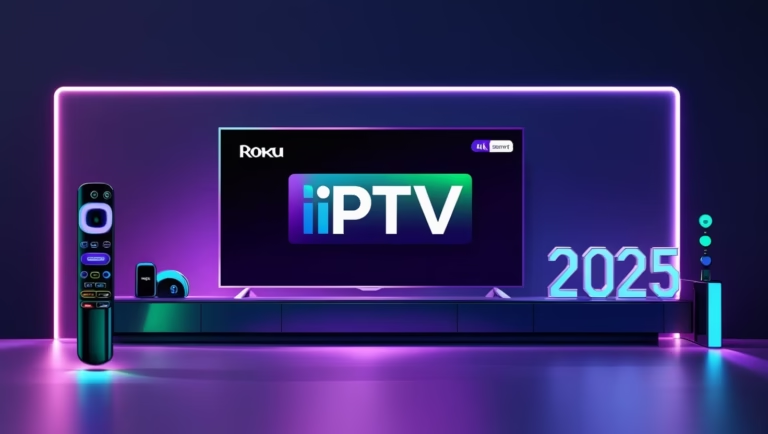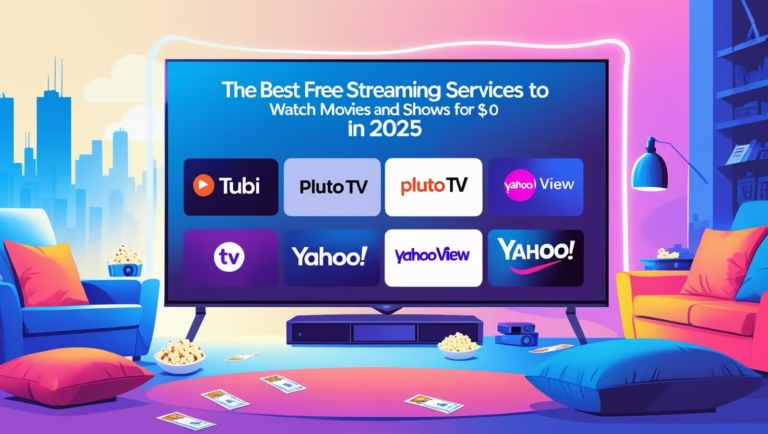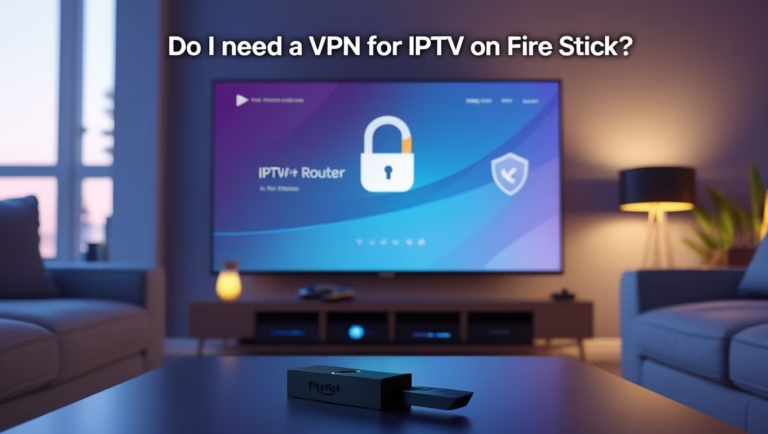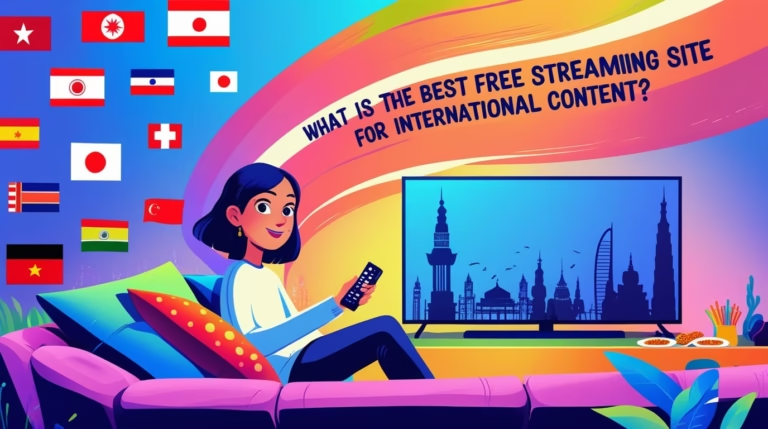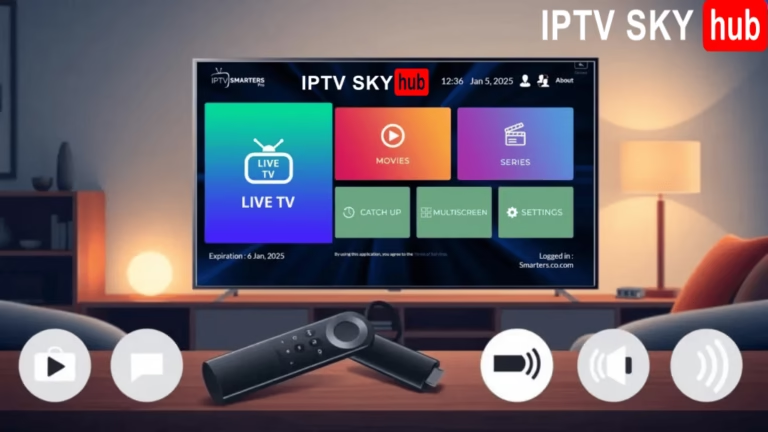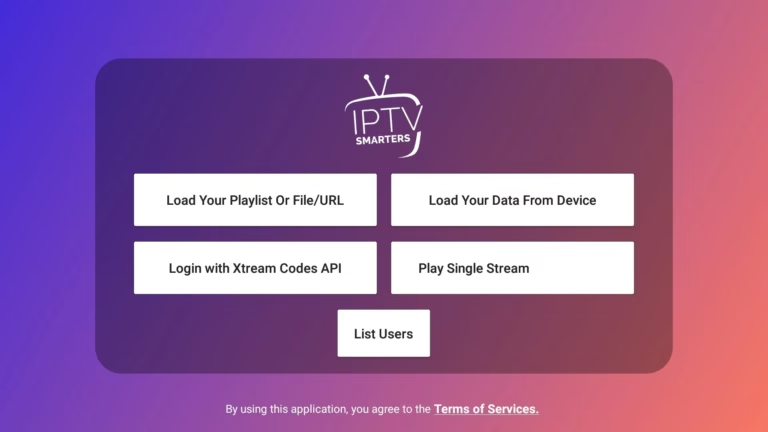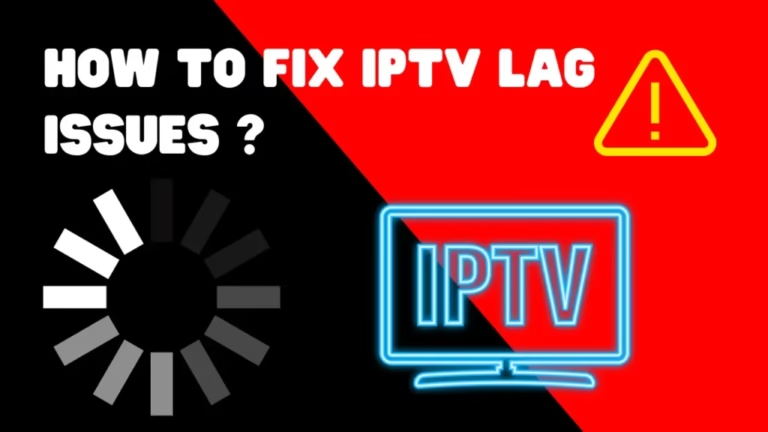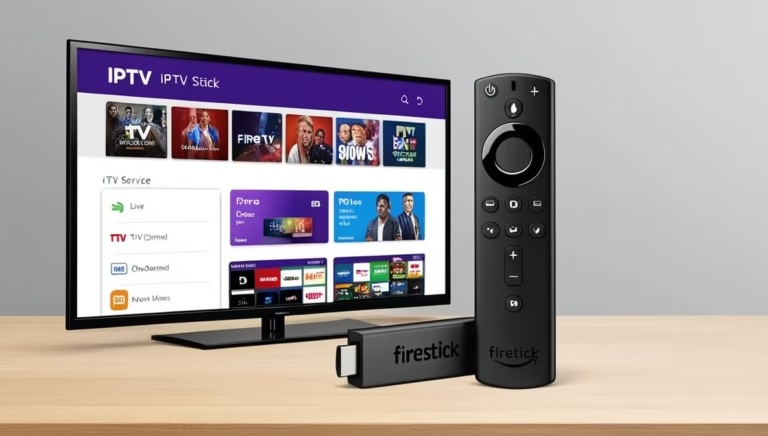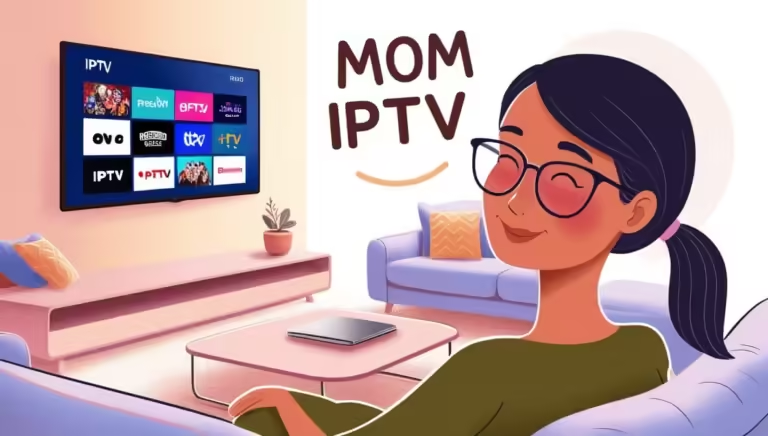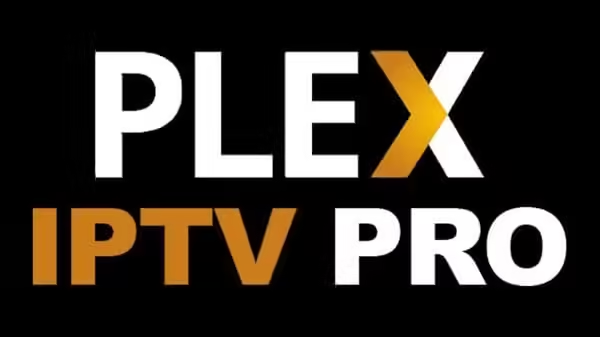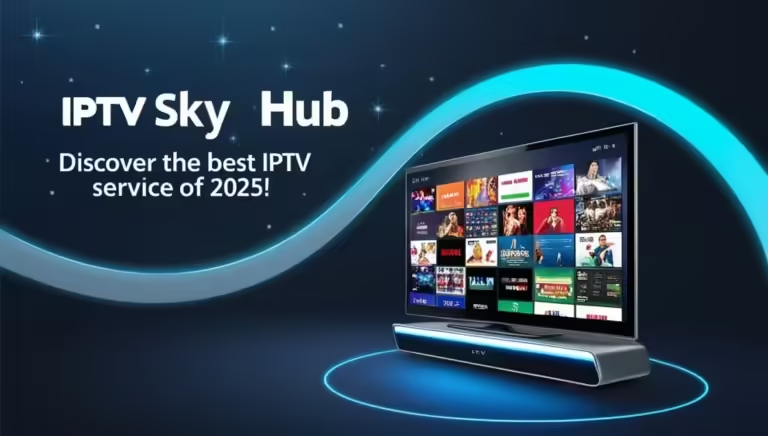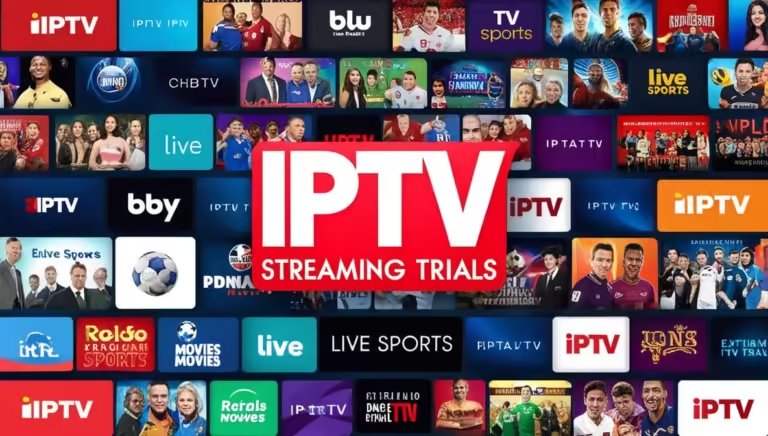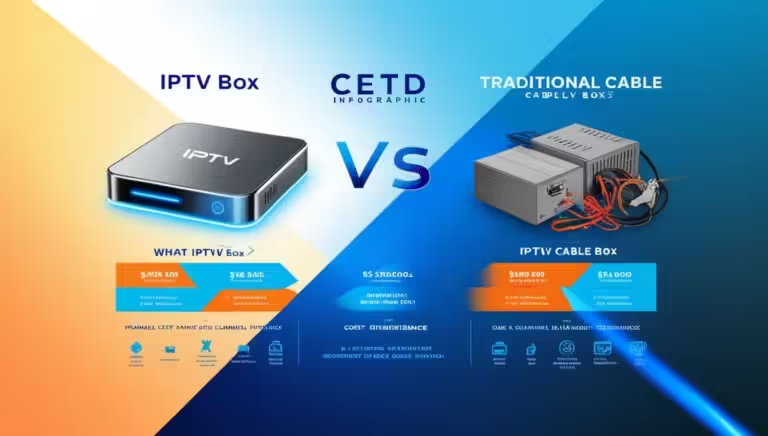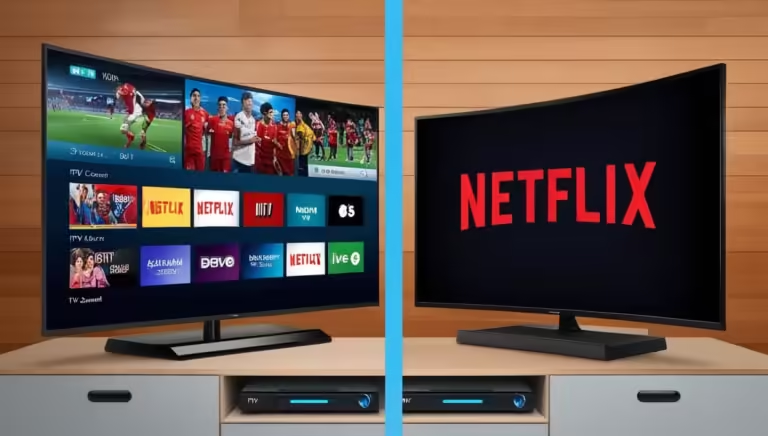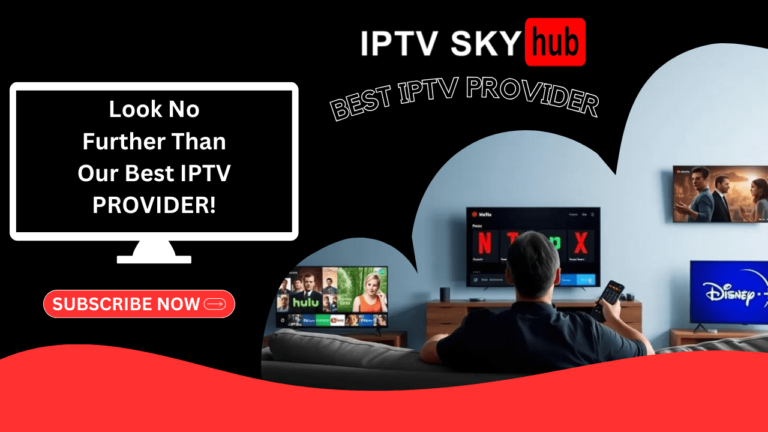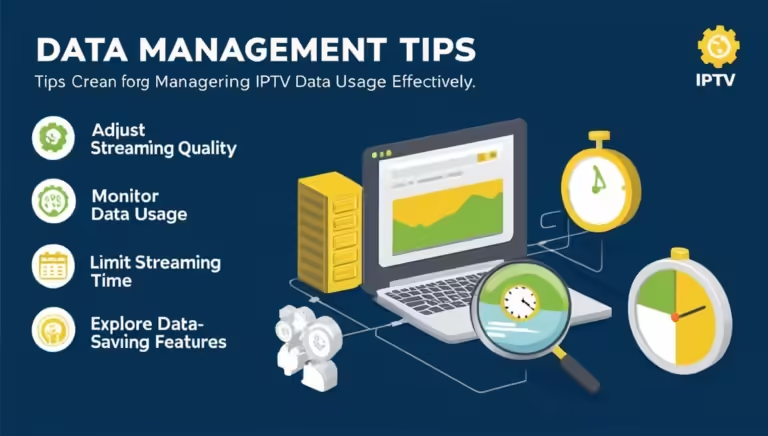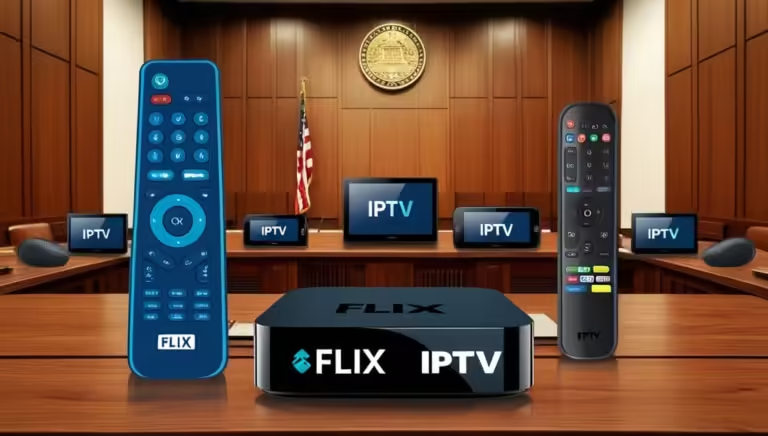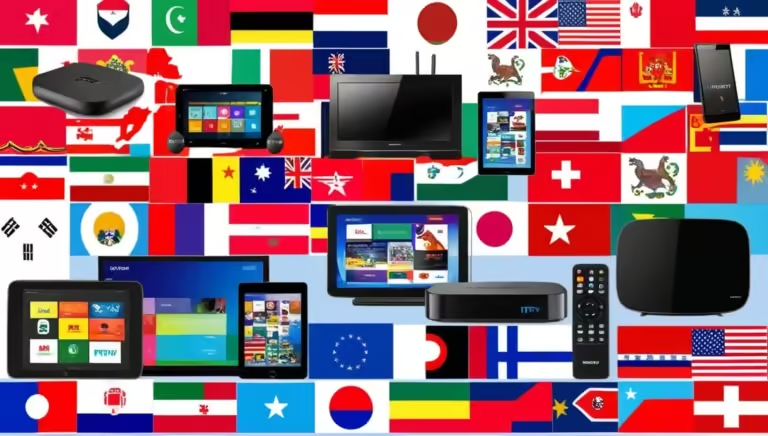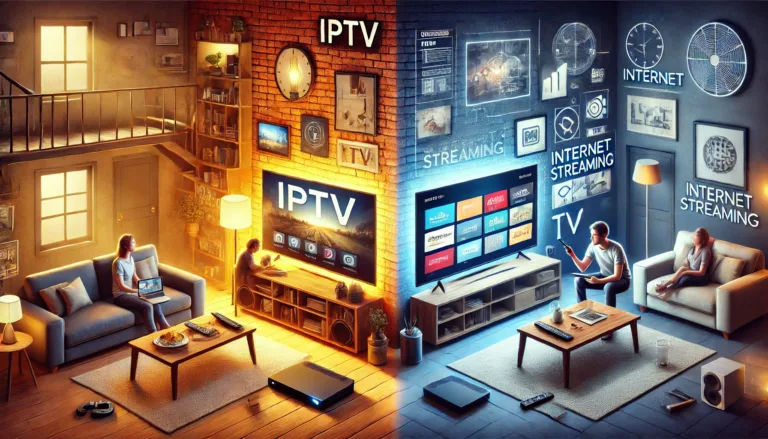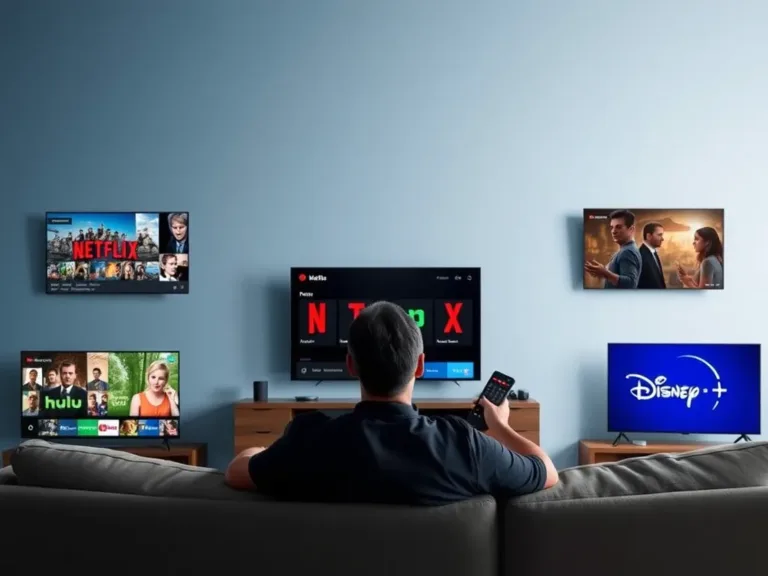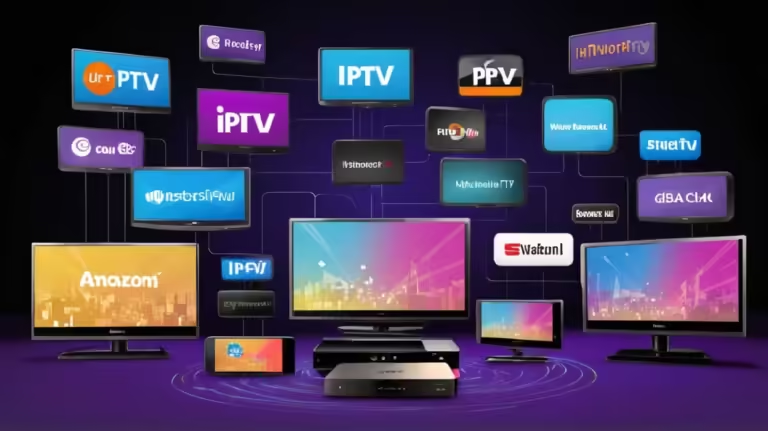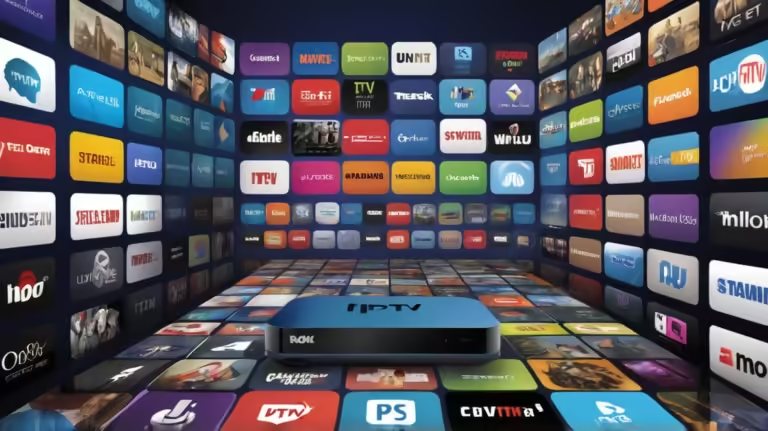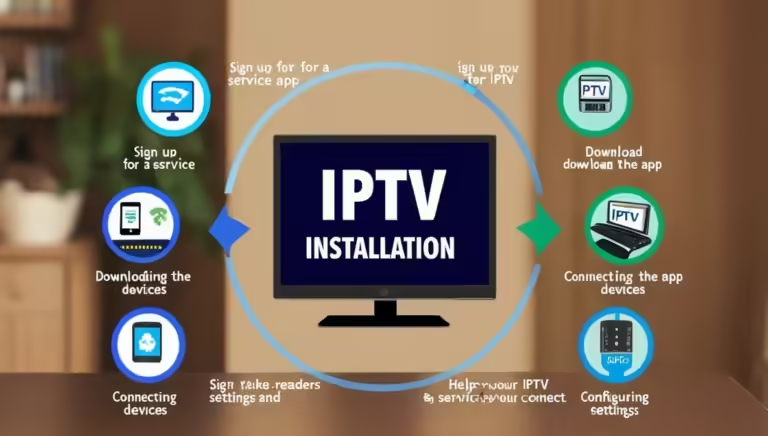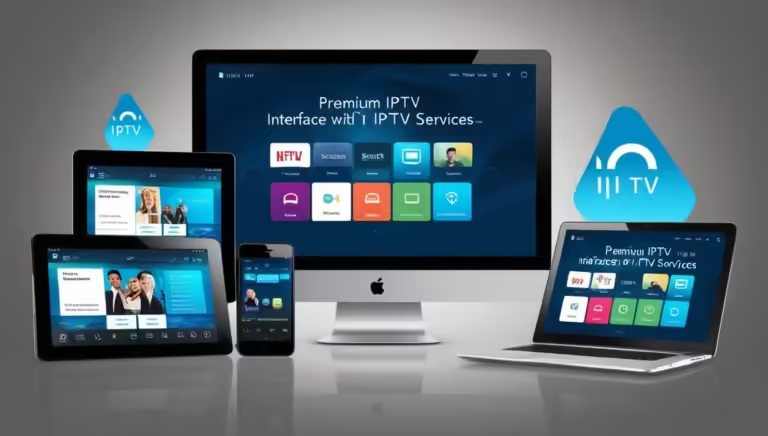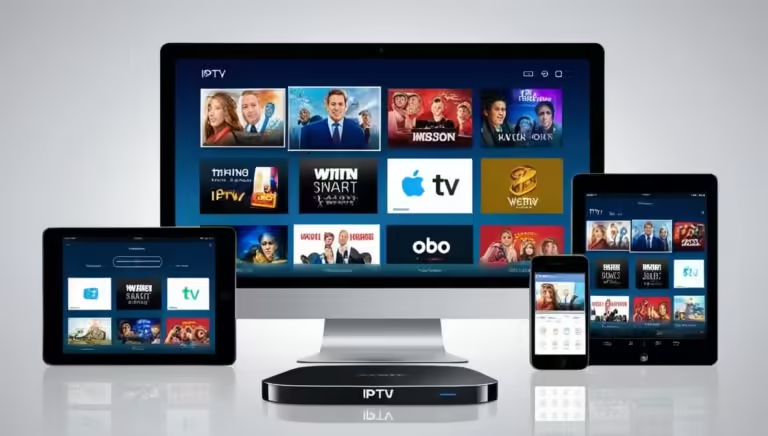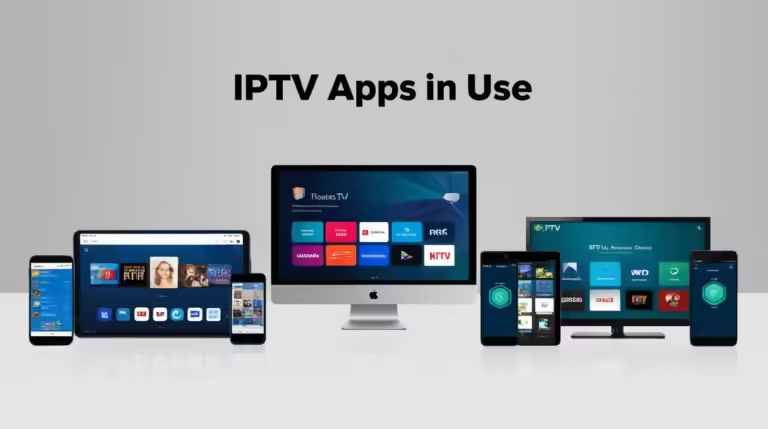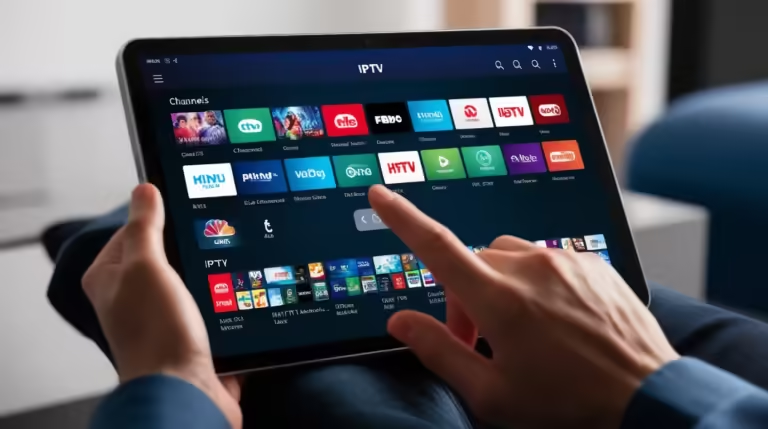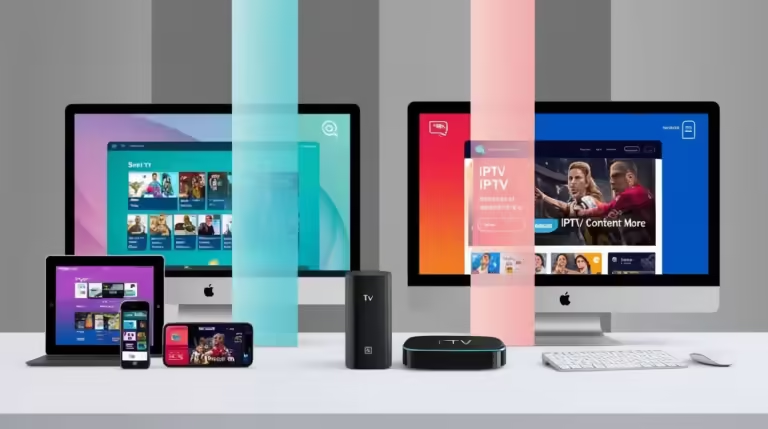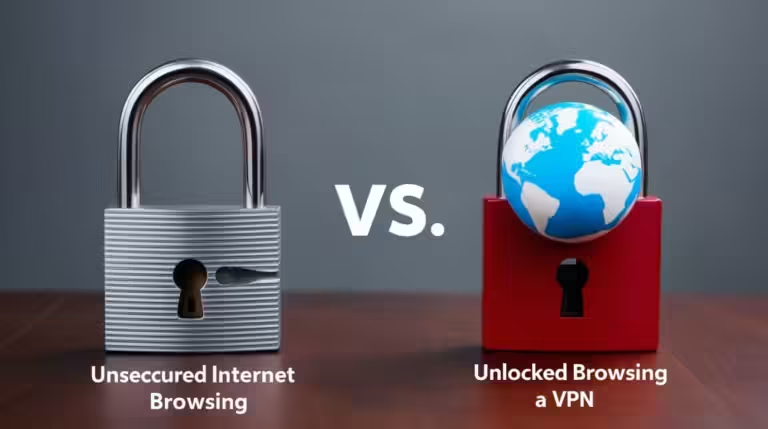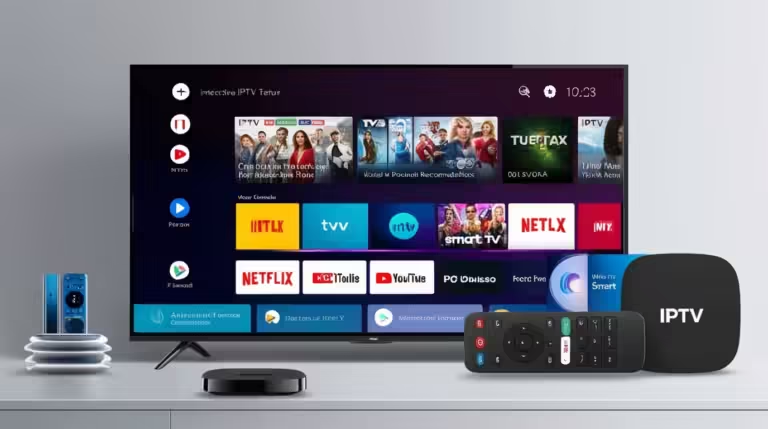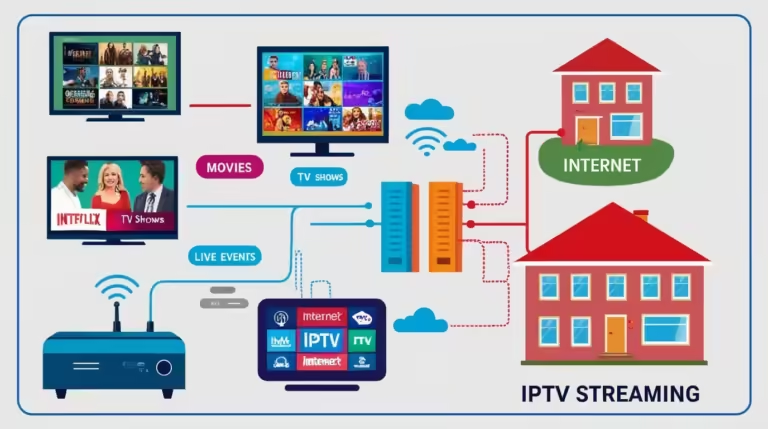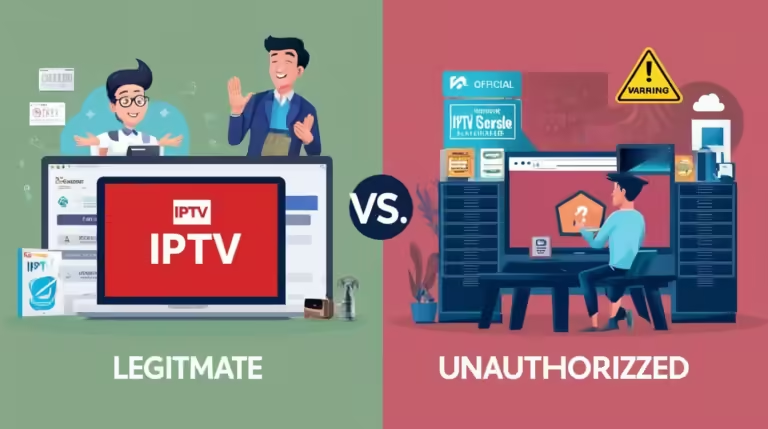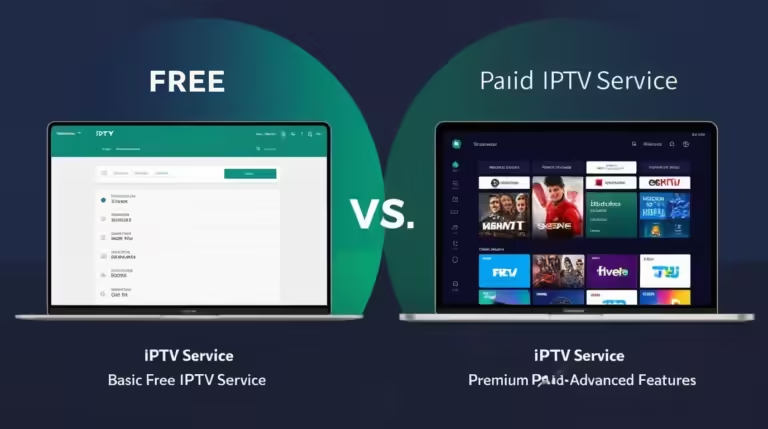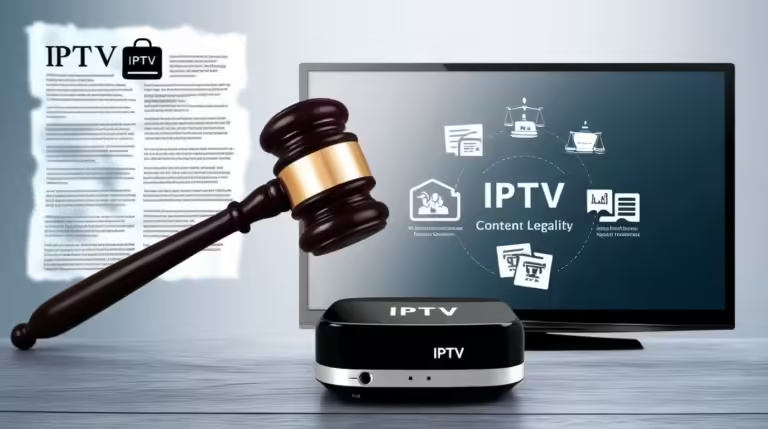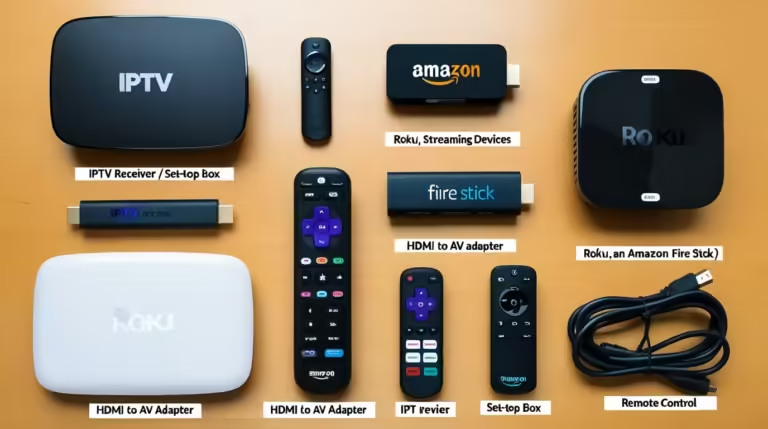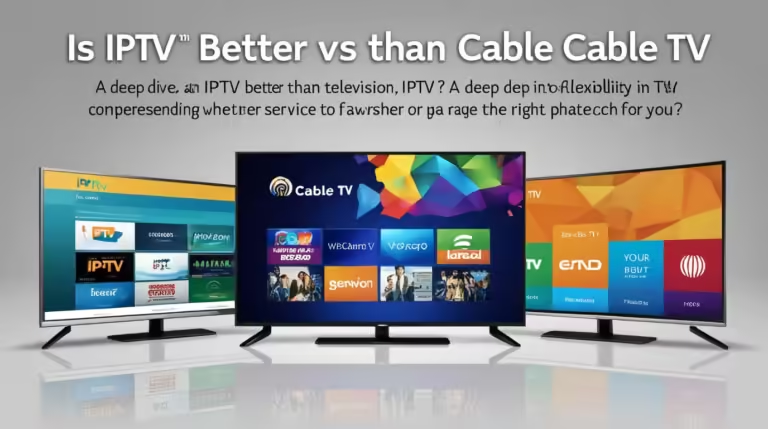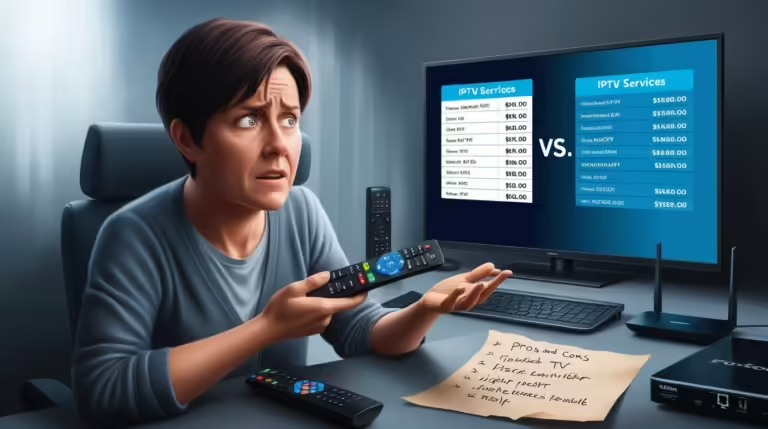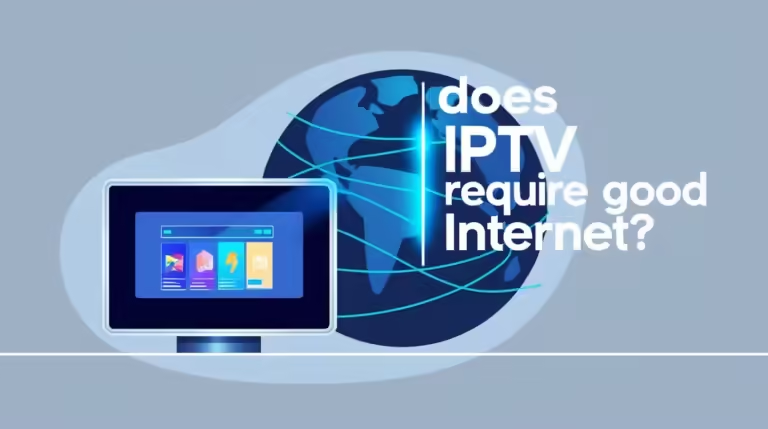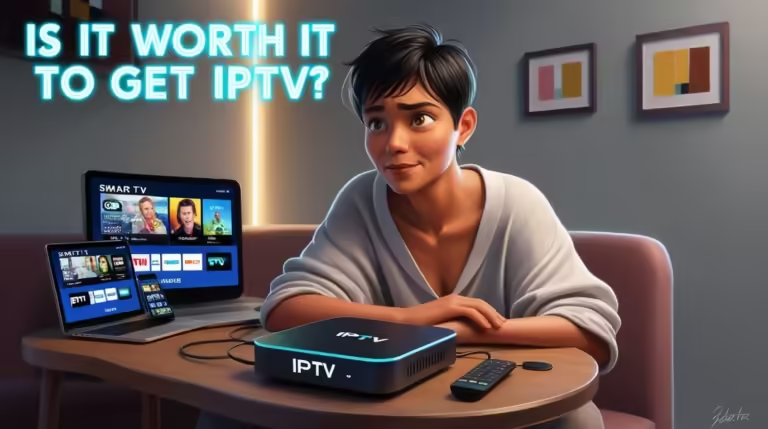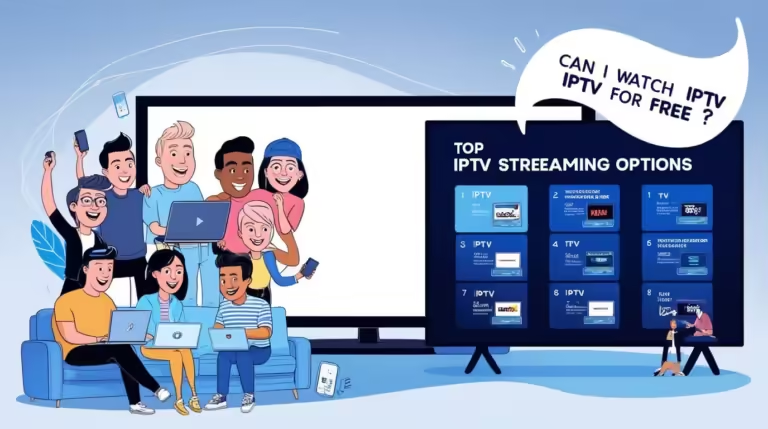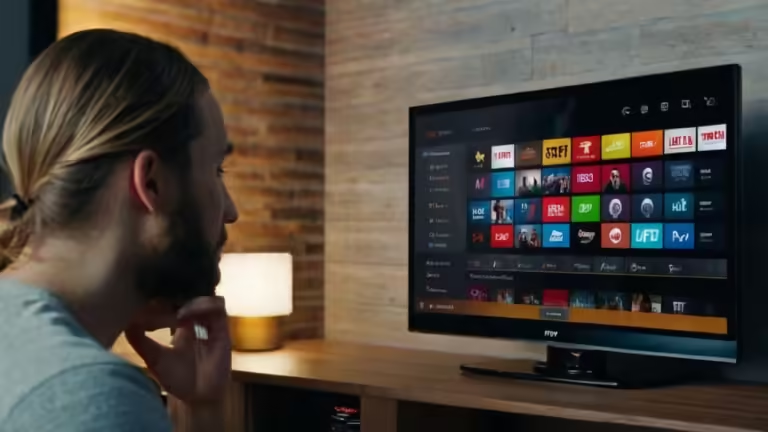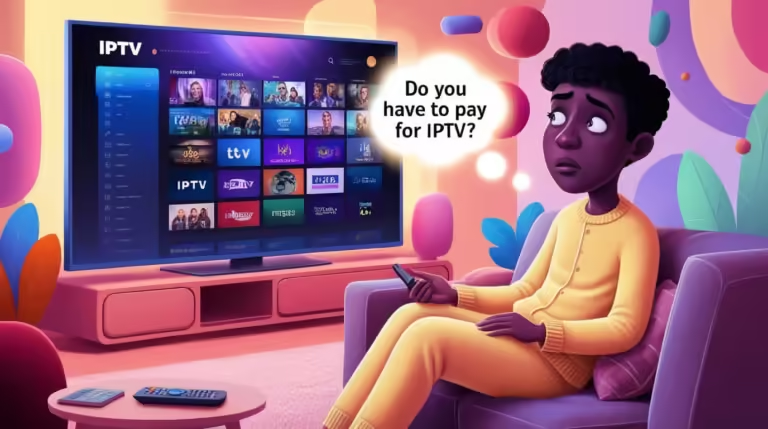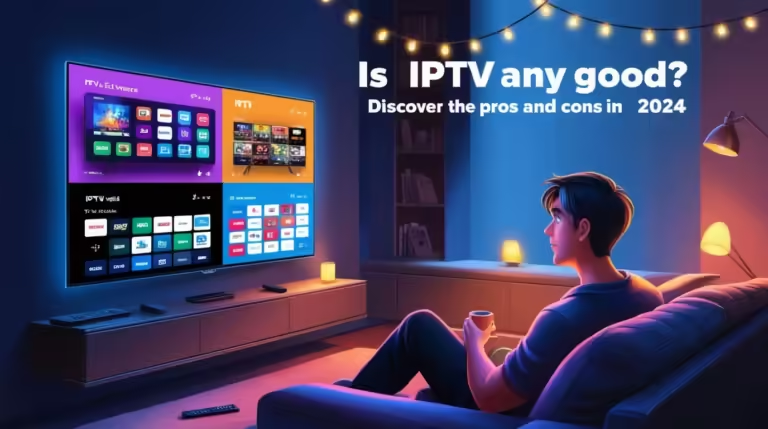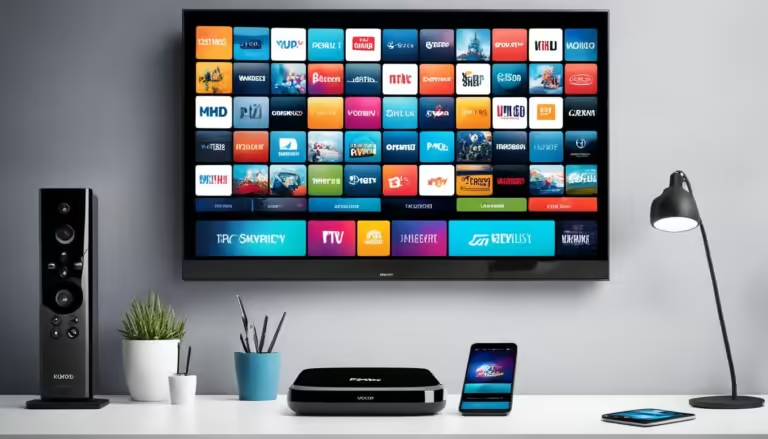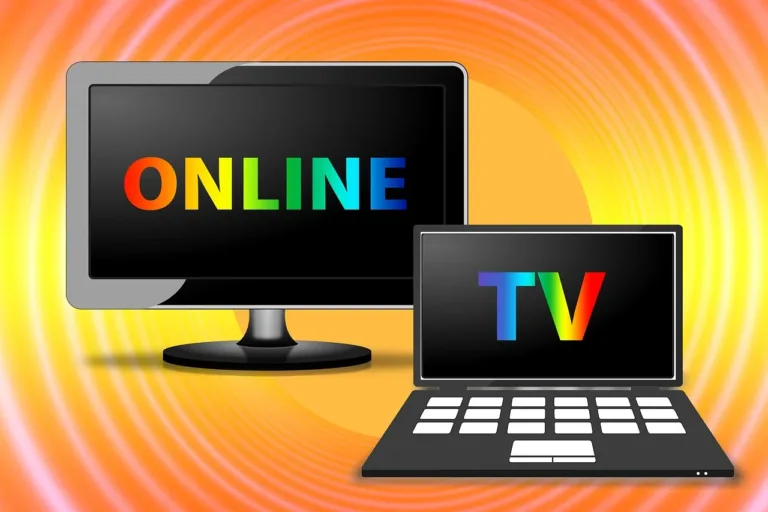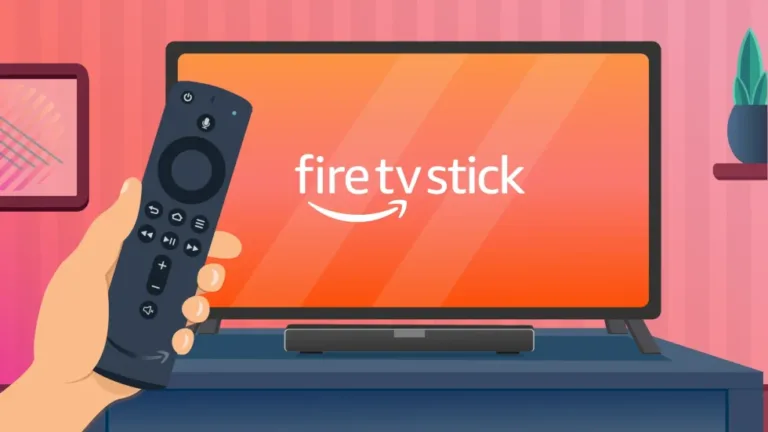In an era where streaming giants like Netflix, Hulu, and Disney+ dominate the entertainment landscape, the question “Does IPTV still exist?” seems more pertinent than ever. IPTV, or Internet Protocol Television, once a groundbreaking way to deliver television content over the internet, now faces stiff competition from a plethora of new technologies and streaming services. As we navigate this shifting terrain, it’s essential to understand where IPTV fits into the modern streaming world and whether it remains a relevant choice for viewers today. This article explores the current state of IPTV, comparing it with contemporary streaming options, examining its technological evolution, evaluating user perspectives, and forecasting its future prospects.
Understanding IPTV: Does IPTV Still Exist in the Age of Streaming Giants?
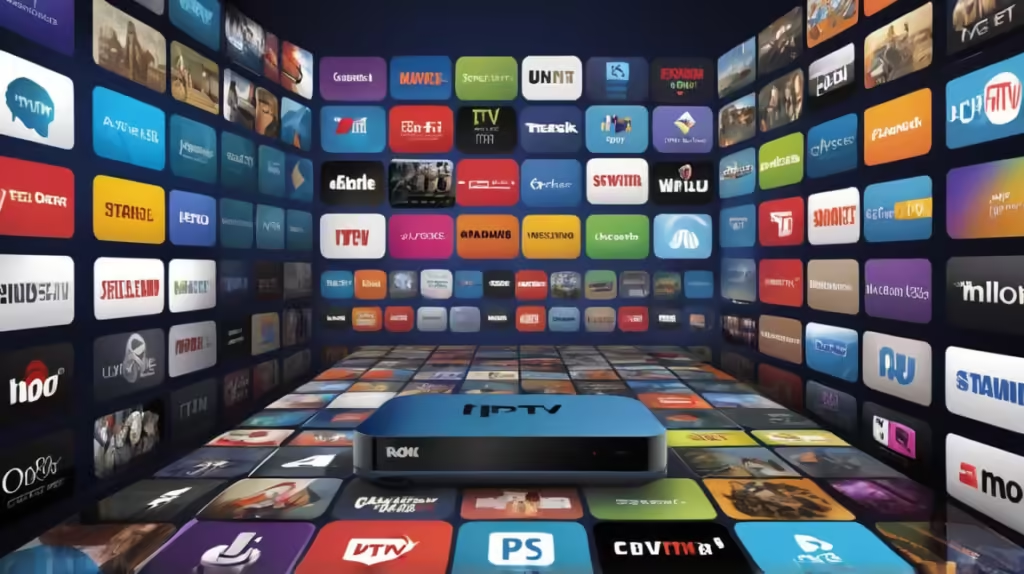
IPTV, short for Internet Protocol Television, is a method of delivering television content over internet protocols rather than traditional terrestrial, satellite, or cable formats. This technology allows users to stream live television channels and on-demand content via their internet connection, often through dedicated set-top boxes or apps. But with the proliferation of streaming services like Netflix, Amazon Prime Video, and HBO Max, does IPTV still exist as a viable option for today’s tech-savvy viewers?
To understand IPTV’s current relevance, it’s crucial to look at its historical context and how it has evolved. IPTV emerged as a revolutionary concept that promised to break free from the constraints of traditional cable and satellite TV. It offered viewers the ability to watch content on-demand, interact with their programming, and access a broader range of channels and content.
However, in the age of streaming giants, IPTV must contend with several significant challenges. Streaming services have streamlined content delivery and often offer a more user-friendly experience. Platforms like Netflix and Hulu provide extensive libraries of on-demand content, original programming, and personalized recommendations, which can overshadow the traditional IPTV model.
Despite these challenges, IPTV is not entirely obsolete. It continues to be used in various contexts, particularly in commercial settings such as hotels, hospitals, and corporate environments where centralized control of TV content is advantageous. Additionally, some IPTV services have adapted by incorporating features similar to those of streaming platforms, such as on-demand viewing and interactive elements. Thus, while IPTV faces intense competition, it has not entirely disappeared.
How IPTV Stands Up to Modern Streaming Services: Does IPTV Still Exist or Is It Obsolete?
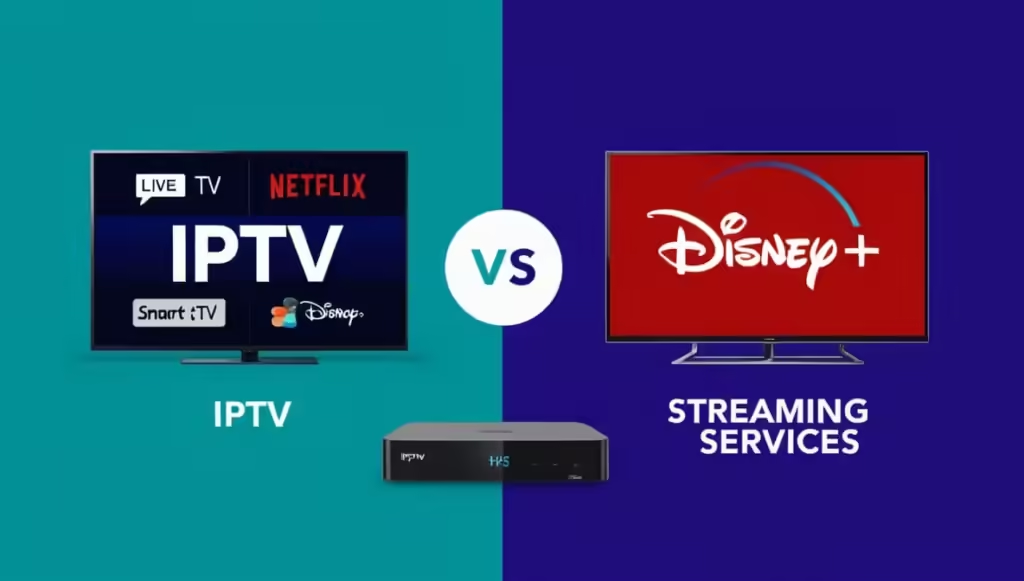
When comparing IPTV to modern streaming services, the question “Does IPTV still exist?” takes on new dimensions. Streaming services have reshaped how we consume television, emphasizing ease of access, extensive content libraries, and advanced recommendation algorithms. How does IPTV measure up against these contemporary powerhouses?
One of the primary advantages of modern streaming services is their sheer convenience. Services like Netflix and Amazon Prime Video allow users to access vast libraries of content from virtually any device with an internet connection. The user interfaces are designed to be intuitive, making it easy to discover and watch new shows and movies.
IPTV, on the other hand, often operates on a more traditional model. While it offers live television and on-demand content, the user experience can vary significantly depending on the provider. Some IPTV services still rely on older technology and may lack the seamless integration and user-friendly interfaces seen in modern streaming platforms. Additionally, IPTV services often require a subscription to a bundle of channels or packages, which may not be as flexible or cost-effective as the subscription models of streaming services.
However, IPTV does have its own strengths. It can offer real-time access to live broadcasts, which streaming services may not always provide. This includes live sports, news, and other real-time programming that appeals to viewers who want to stay connected to current events. IPTV also allows for more customized viewing experiences in certain cases, with the ability to tailor channel packages to specific interests or needs.
Overall, while IPTV may not match the user experience and content variety of modern streaming services, it remains a relevant option for certain viewing preferences and environments.
Technological Advancements and IPTV: Does IPTV Still Exist with New Innovations?
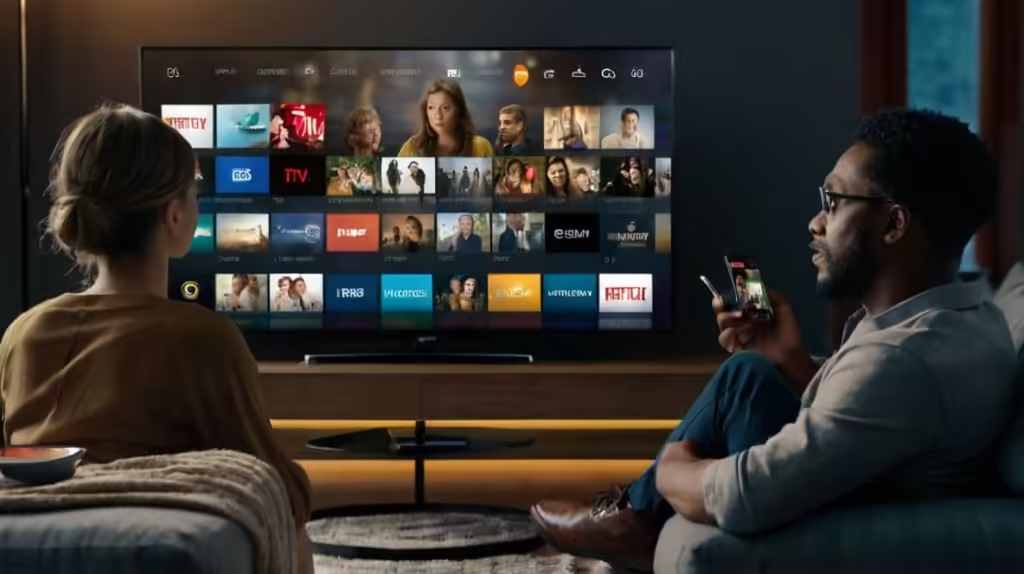
The technology behind IPTV has seen significant advancements since its inception. As new innovations continue to emerge in the tech world, it’s important to ask: Does IPTV still exist in the face of these advancements, and how has it adapted to stay current?
IPTV technology has evolved from basic streaming of television channels to incorporating more sophisticated features. For instance, the integration of high-definition (HD) and 4K streaming has become more common, providing viewers with better picture quality. Additionally, advancements in video compression techniques have improved the efficiency of IPTV streaming, reducing buffering and enhancing the overall viewing experience.
Another key area of innovation is the incorporation of advanced interactive features. Modern IPTV services can offer enhanced interactivity, such as multi-screen viewing, integrated social media interactions, and personalized content recommendations. These features help IPTV compete with the interactive capabilities of streaming platforms, which often include binge-watching options, detailed content libraries, and user-driven recommendations.
Moreover, IPTV services are increasingly leveraging cloud-based technologies to offer more flexibility and scalability. Cloud IPTV solutions allow for more dynamic content delivery and easier management of content libraries. This shift enables IPTV providers to offer more robust services that can better compete with the agility and innovation of streaming services.
Despite these advancements, IPTV still faces the challenge of integrating seamlessly with emerging technologies. The rise of smart TVs, voice-controlled devices, and virtual reality (VR) could further redefine how viewers consume content. IPTV providers will need to continue innovating and adapting to stay relevant in this rapidly changing technological landscape.
User Perspectives on IPTV: Does IPTV Still Exist as a Viable Choice for Today’s Viewers?

To fully understand whether IPTV remains a viable option today, it’s crucial to consider user perspectives. As technology evolves and new services emerge, how do users view IPTV? Is it still a preferred choice for certain demographics, or is it being overshadowed by newer streaming options?
For many users, IPTV offers a nostalgic and practical alternative to modern streaming services. Those who appreciate traditional TV experiences and value live broadcasts may find IPTV appealing. For example, sports enthusiasts who want real-time access to live games and events often prefer IPTV’s ability to deliver live content seamlessly.
Additionally, IPTV is still relevant in environments where centralized control of content is essential. In commercial settings like hotels and hospitals, IPTV provides a manageable way to deliver television programming to multiple rooms or locations, often with customizable channel packages and features suited to these specific needs.
On the other hand, younger viewers and tech-savvy individuals might gravitate towards streaming services due to their convenience and extensive on-demand content. Streaming platforms cater to the modern viewer’s desire for immediate access to a wide range of content without being tied to specific schedules. The personalized recommendations and ease of use offered by streaming services often appeal to this demographic more than traditional IPTV setups.
Despite the growing popularity of streaming services, IPTV retains a niche but important audience. Its ability to offer live content and customizable solutions ensures that it remains a viable choice for those who value these features.
Future Prospects for IPTV: Does IPTV Still Exist and What Lies Ahead?
Looking forward, the future of IPTV is a topic of much speculation. As new technologies continue to shape the entertainment industry, it’s important to ask: Does IPTV still exist, and what does the future hold for this technology?
The future of IPTV will likely depend on its ability to adapt to emerging trends and technologies. As the demand for high-definition and interactive content grows, IPTV providers will need to continue innovating to meet these expectations. Incorporating advanced features like virtual reality (VR) and augmented reality (AR) could provide new ways for users to interact with content, enhancing the IPTV experience.
Additionally, the integration of artificial intelligence (AI) and machine learning could offer more personalized content recommendations and improved user interfaces. By leveraging these technologies, IPTV services could better compete with the sophisticated algorithms of streaming platforms, providing a more tailored and engaging viewing experience.
Another potential growth area for IPTV is its integration with smart home technologies. As homes become more connected, IPTV could offer enhanced compatibility with voice-controlled devices and smart TVs, creating a more seamless and integrated entertainment experience.
Despite these opportunities, IPTV will face ongoing challenges. The competitive landscape of streaming services is constantly evolving, and IPTV providers must stay agile to keep up with new trends and user expectations. However, by focusing on its unique strengths—such as live content delivery and customizable packages—IPTV can continue to carve out a niche in the entertainment market.
Conclusion
As we navigate the streaming world and consider whether IPTV still exists, it becomes clear that IPTV remains a relevant and evolving technology. While it faces significant competition from modern streaming services, IPTV has adapted to incorporate new features and technologies, maintaining its place in the entertainment landscape. By understanding its strengths, acknowledging its challenges, and anticipating future trends, we can appreciate the role that IPTV continues to play in delivering television content. Whether as a complement to streaming services or as a standalone solution, IPTV’s ability to offer live content and customizable viewing experiences ensures that it will continue to be a viable option for many viewers in the years to come.

